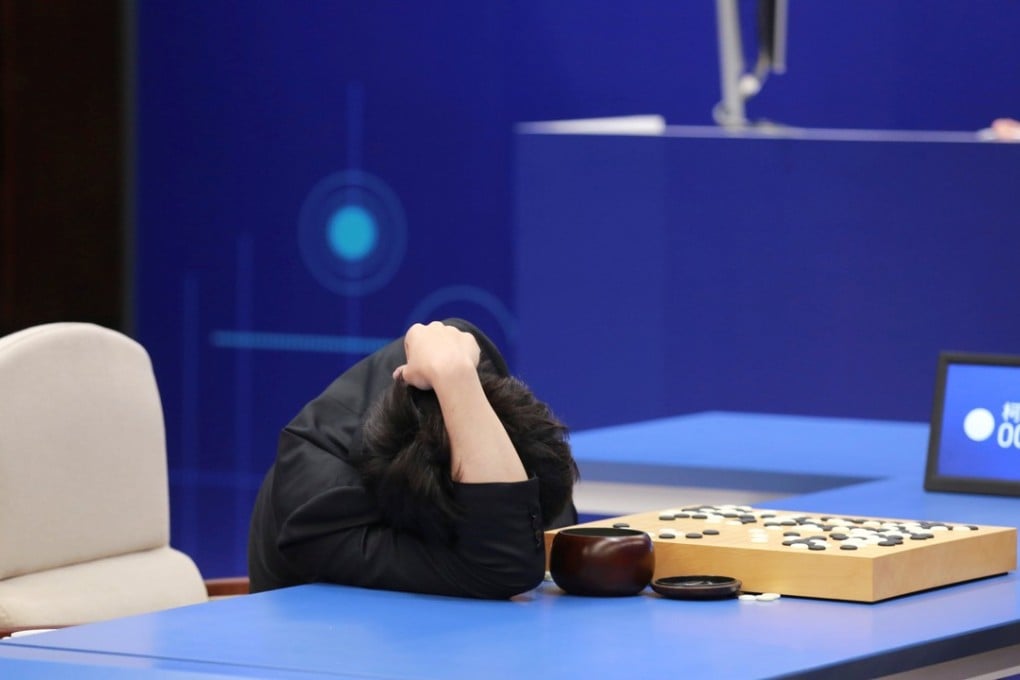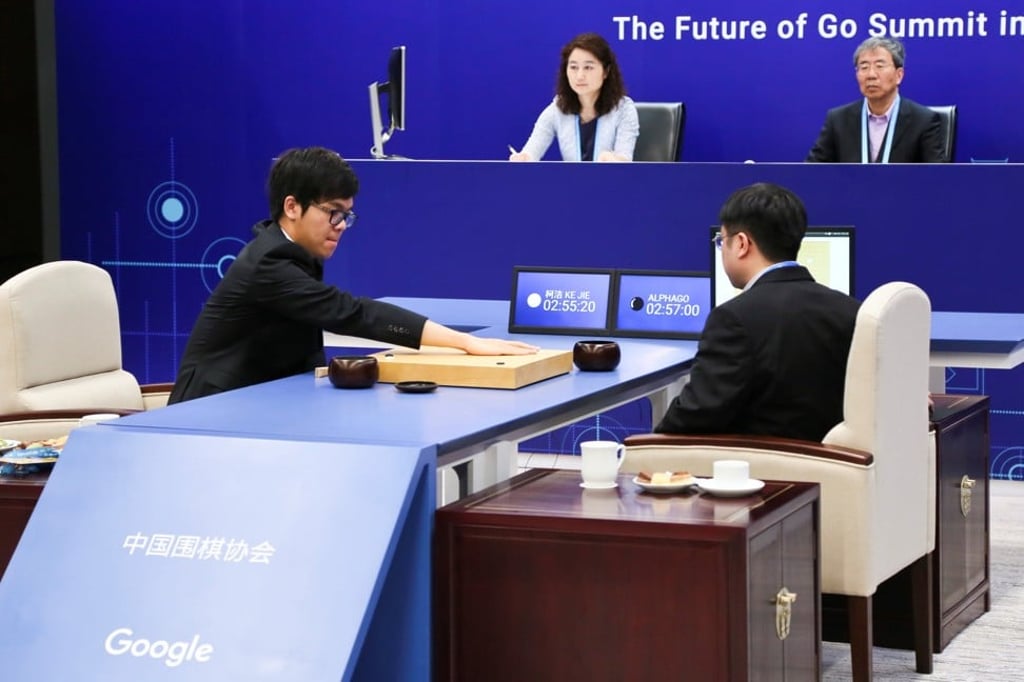New | AlphaGo vanquishes world’s top Go player, marking AI’s superiority over human mind
Humanity’s most complex game was thought to be the final frontier that takes another decade for machines to conquer. That changed this week with AlphaGo’s 3-0 victory over Ke Jie

Just a year ago, the Chinese master of the complex game known as Go was insisting no computer could ever outplay him.
Yesterday, Ke Jie was in tears, calling the artificial intelligence programme developed by Google that beat him in three straight matches “perfect, flawless, without any emotions”.
“I’m very sorry I lost,” 19-year-old Ke told the post-match press conference in Wuzhen in Zhejiang province. “I wish I could have done better,” he said.

Go, also known as weiqi, is played on a 19x19 grid board by two opponents. With more permutations than the total number of estimated atoms in the visible universe, it has been a benchmark for measuring the human mind against artificial intelligence after IBM’s Deep Blue beat chess grand master Garry Kasparov in 1997.